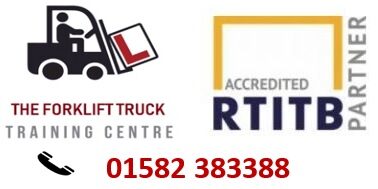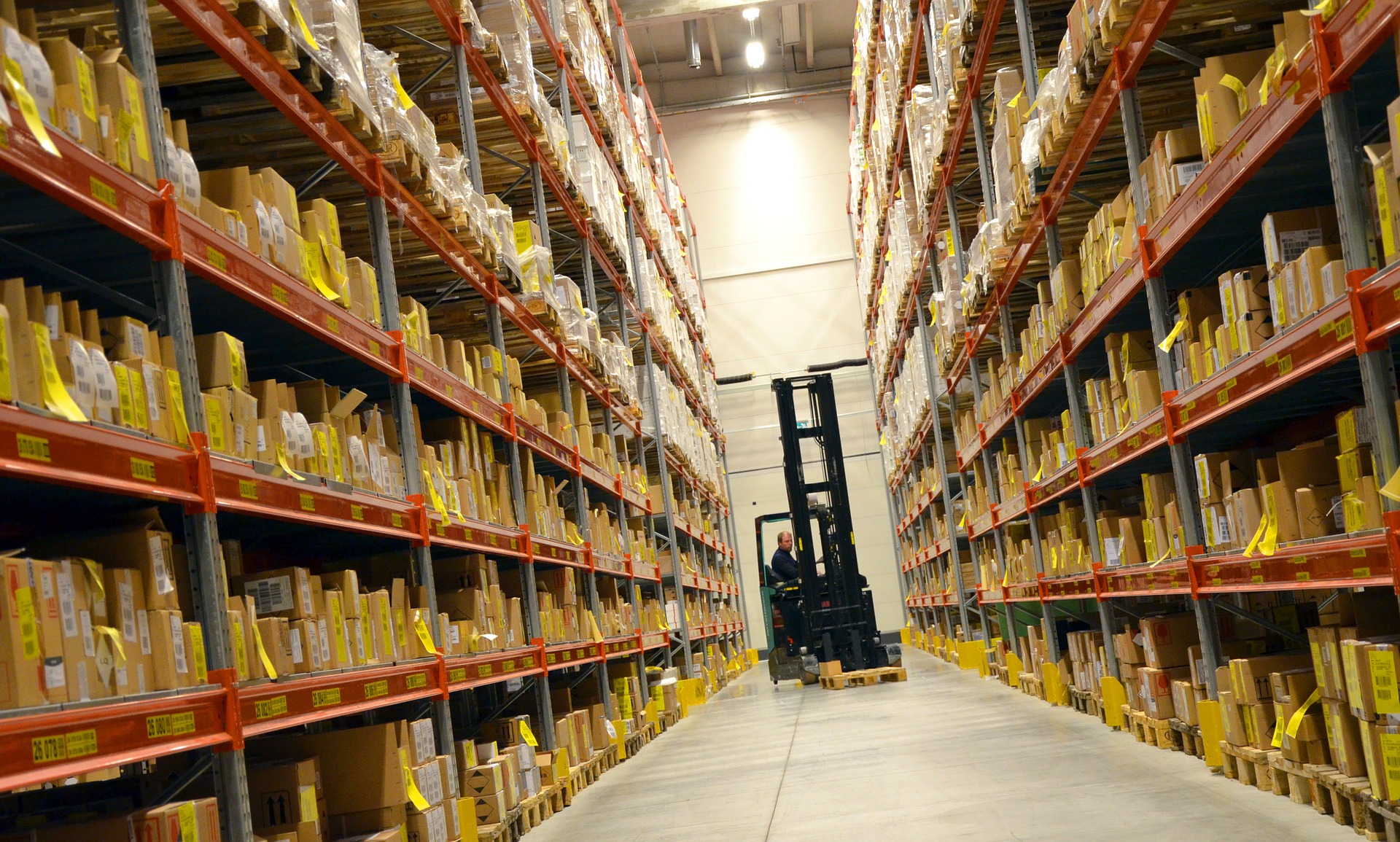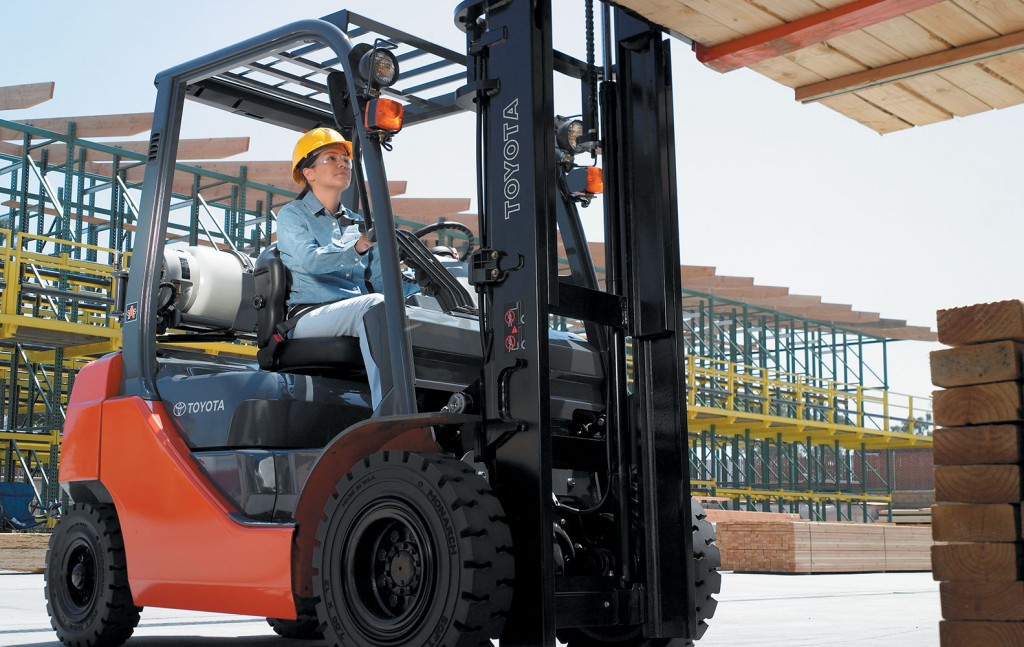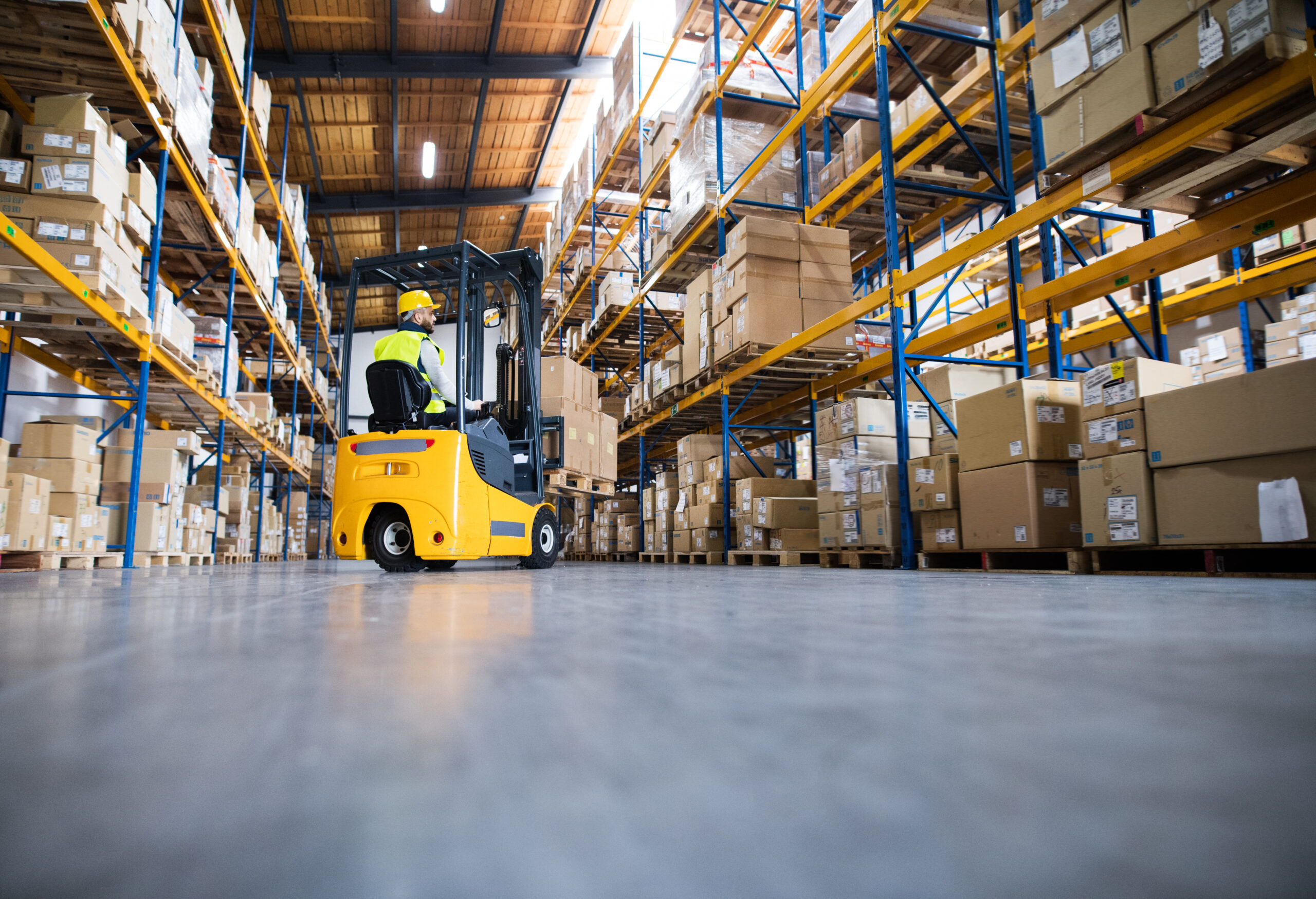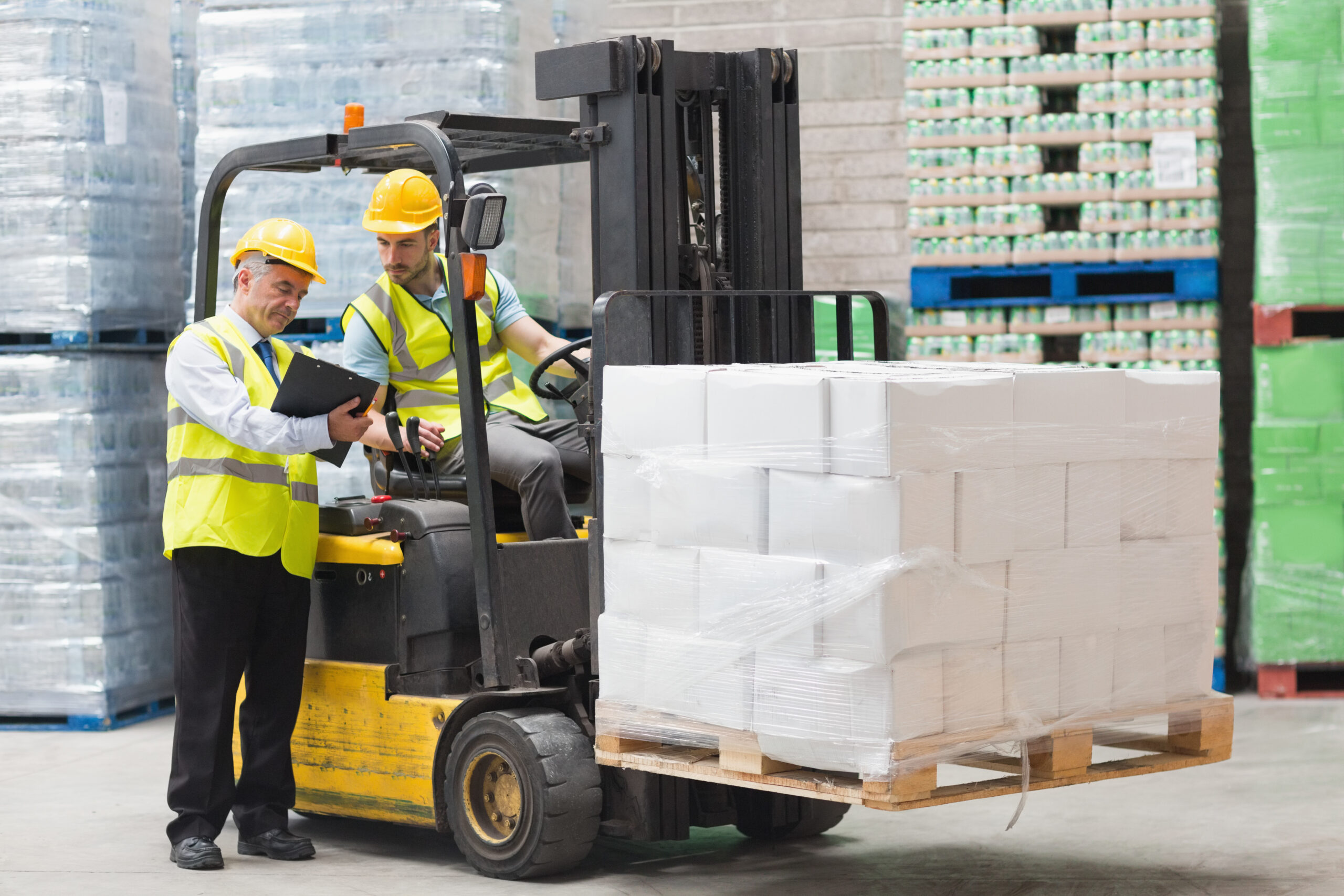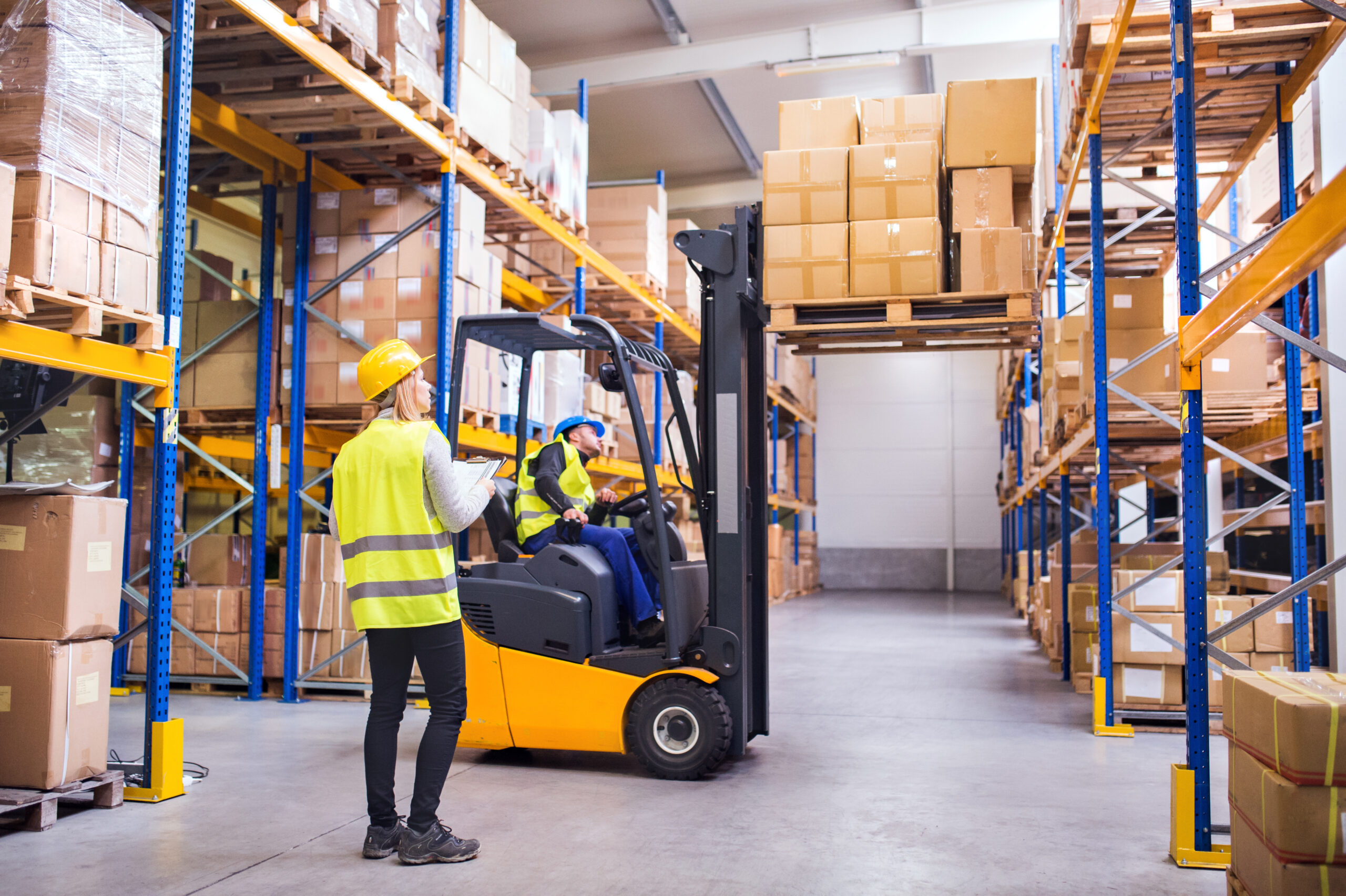Forklifts are hugely beneficial to any warehouse and can certainly lighten the load – but only when used properly and safely. Here’s some issues to watch out for when using your forklift.
Is your load stable? It’s likely you’ll be working in a fast paced warehouse environment, but it is absolutely vital that you ensure your forklift load is fully stable. Loads should also be fully secured when lifted. Poorly secured loads can result in goods falling off, or in extreme cases cause the forklift to topple over.
Is your forklift at capacity? Although it’s tempting, don’t overload it! If vehicles are carrying loads they were not designed to carry, the vehicle could become unstable.
Think about height. If the driver can’t see over the forklift load, there’s an increased chance of accidents, possibly involving pedestrians. A forklift operator must be able to see their route clearly at all times.
Is your load made up of hazardous materials? If so, it’s likely you’ll need extra training or support to handle these materials – make sure you’re fully trained on how to manage hazardous materials if needed and take extra care when doing so.
For more information about our forklift training services and to book your place contact us on 03333 442949 or [email protected].
